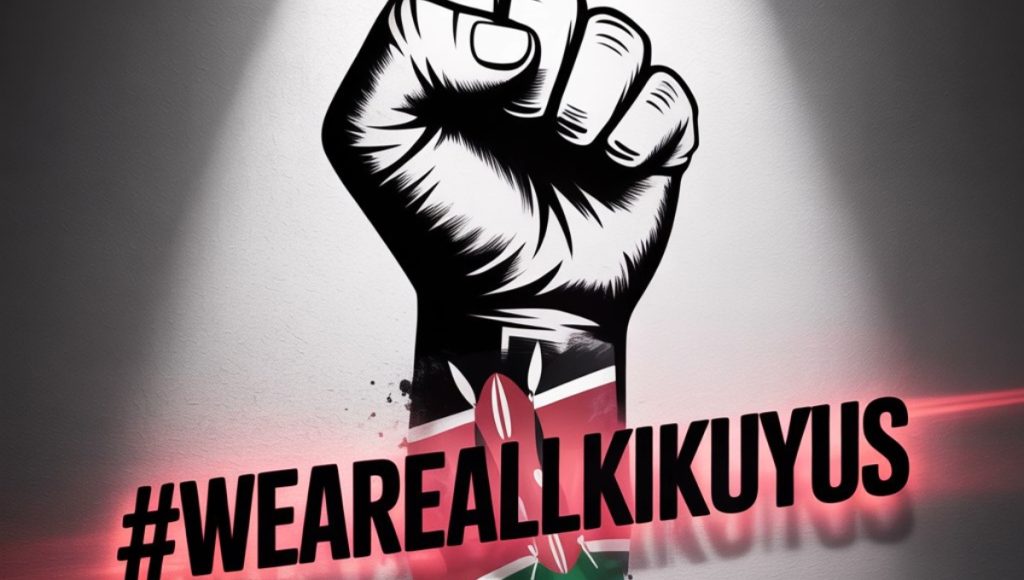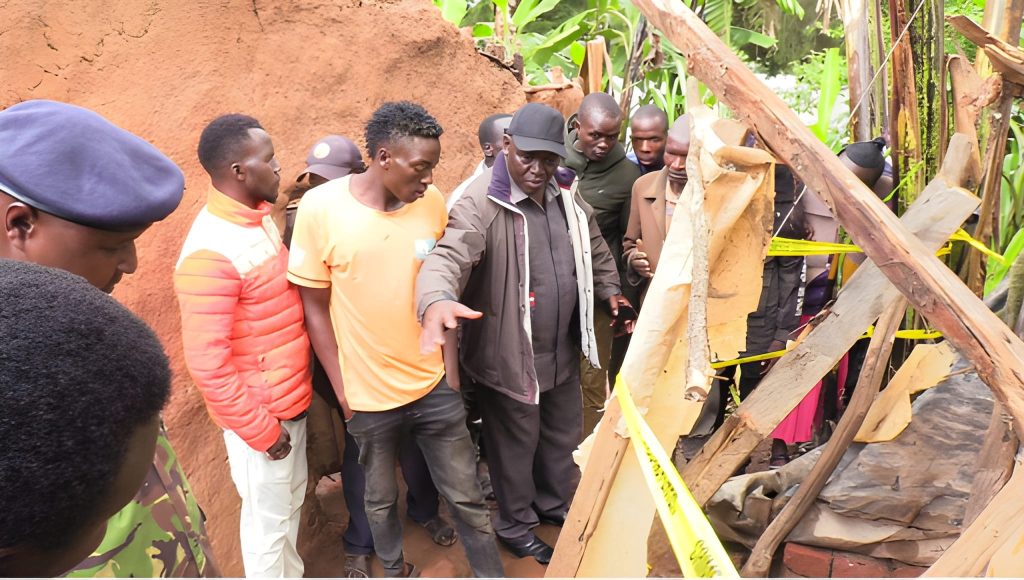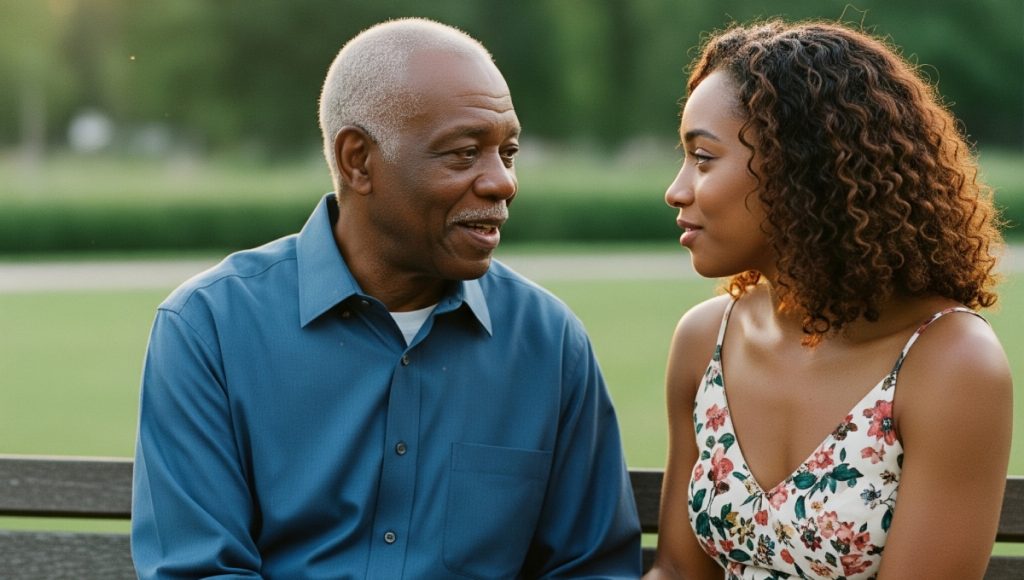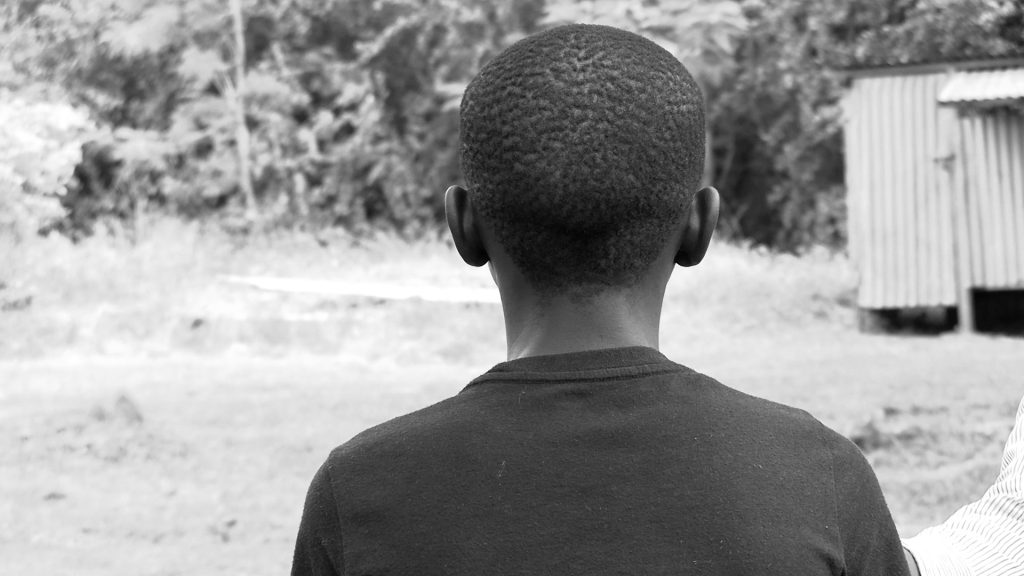In the aftermath of the July 7 Saba Saba protests, a remarkable wave of unity has swept across social media. Kenyans from all walks of life have taken a stand against tribal profiling with one powerful declaration: #WeAreAllKikuyus
From politicians to public figures and everyday citizens, Kenyans flooded online platforms with posts that playfully and powerfully challenged tribal stereotypes. Many shared their names with a mix of ethnic identities especially from the Kikuyu tribe, while others posted images of traditional foods associated with various communities, proudly declaring: We are all Kikuyus
“My name is Martha Akinyi Chebet Karua,” wrote PLP Party Leader Martha Karua, adding a Luo-Kalenjin twist to her name.
Wiper Party Leader Kalonzo Musyoka joined in, posting, “My name is Stephen Kariuki Musyoka.”
Even veteran sports journalist Carol Radull took part, writing, “Carol Muthoni Radull Njoroge.”
Deputy Party Leader of DCP Party Cleophas Malalah went even further, declaring, “I am Cleophas Kamau Wakhungu Malalah Wamunyoro.”
DAP-K Party Leader Eugene Wamalwa wrote in a post: “My name is Eugene Wanjohi Wamalwa. I come from Kitale.”
Former Deputy President Rigathi Gachagua also weighed in, saying simply: “I am Rigathi Gachagua Reriani. I am from Nyeri.”
Across the country, Kenyans embraced the moment. Some even went as far as photoshopping their national ID cards to reflect Kikuyu names, while others proudly posted meals commonly associated with central Kenya such as githeri and mukimo. The message was clear: tribe does not define us.
Lawyer Miguna Miguna, known for his fiery political commentary, added his voice:
“My name is General Miguna Miguna, also known as Njuguna Njuguna. I belong to one Kenya. We are Organic, Tribeless and Fearless!”
Human rights activist Hussein Khalid introduced himself as “Hussein Ndirangu Khalid,” seamlessly blending names from different communities to echo the same sentiment.
Even former Nandi Hills MP Alfred Keter captured the spirit, posting: “This is a totally different generation! The tribal card can’t work and won’t work! The community behind Gen Zs is called Kenya.”
In a country where politics has long thrived on ethnic divides, this digital movement offers a refreshing shift. Young people, especially Gen Z, are redefining what it means to be Kenyan, not by the names they carry, but by the values they stand for.
Will this movement reshape Kenya’s politics? Will it last? Time will tell.













